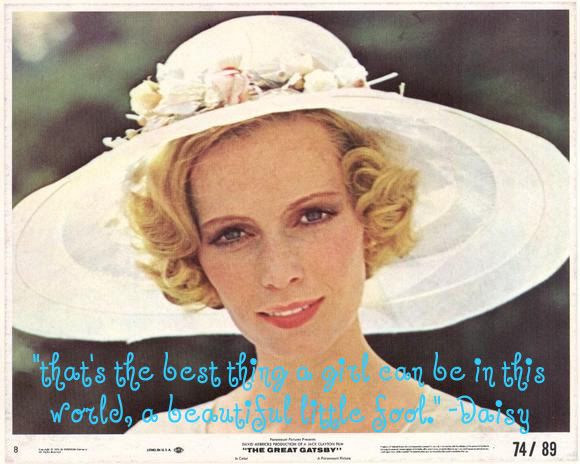
 In the Great Gatsby, money affected different people in many ways. For Gatsby, it was his chance to get back Daisy, but his money got in the way of getting Daisy. Gatsby became rich just to impress Daisy. Gatsby was considered "new money" because he earned his money and it wasn't inherited.
In the Great Gatsby, money affected different people in many ways. For Gatsby, it was his chance to get back Daisy, but his money got in the way of getting Daisy. Gatsby became rich just to impress Daisy. Gatsby was considered "new money" because he earned his money and it wasn't inherited. When Gatsby and Daisy first met, Gatsby was in the war and very poor. He came from the Midwestern United States, where his parents were farmers. Daisy came from a wealthy family so she was known as "old money." Gatsby then dedicated his whole life to getting wealthy for Daisy, so he could reach the social standards of the "old money" lifestyle. He did everything he could to reach that standard. With him making money on his own, he was "new money." "New money" people were still wealthy, but didn't grow up having money their whole life. Their money was earned through an occupation or operation, legal or illegal.
Everyone who was "old money" lived on the island of East Egg and thought they were better than the people on the island of West Egg. The people of West Egg were "new money." Daisy and Tom Buchanan were known as "old money" and Tom's attitudes toward the "old money" was that they weren't as good as him and he showed this by acting very arrogant.
Gatsby wanted to change his money and to make people think that he was wealthy his whole life to impress Daisy. In the end, this didn't work because too many things changed. There was great pressure on Gatsby to try and become like people of "old money," but it never worked out. So overall old and new money were the way people were classified by how they got their money.









Good post but you posted at 10:04 too late...0/75
ReplyDeleteCan't we get some credit for doing it even though it was Only 4 min late?! :/:/
ReplyDelete:(
ReplyDelete